Biotin is a vitamin. Also called vitamin H, it is one of the many vitamins our body uses to help convert food into energy… but it doesn’t stop there.
It is believed that biotin helps keep your hair, skin, nails, eyes, nervous system and liver healthy. It may also play a role in other bodily functions, including pregnancy, because it’s important for embryonic growth.
The recommended daily allowance is between 30 and 100 mcg (micrograms) per day for adolescents and adults. Due to its water solubility, excess biotin will just pass through the system when you go to the bathroom. Supplements have been known to cause nausea in people who don’t do well with them, but biotin is not believed to be toxic, even at high doses.
Biotin is helpful for people with diabetes because it may help to regulate blood sugar and also may help prevent damage to the kidneys in people who have insulin dependent type 1 diabetes.
It is rare to be deficient in biotin, but deficiency may show as hairloss or a red rash.
We can obtain biotin in the diet through:
- Egg yolk
- Organ meats
- Nut butters and nuts like pecans, peanuts, walnuts and almonds
- Soybeans and Legumes
- Cauliflower
- Bananas
- Mushrooms
Raw or less processed foods like those above contain more active biotin, as processing tends to weaken the effectiveness of this vitamin. It’s always better to get your vitamins from natural sources, and eat minimally processed and as close to nature as you can, but when you can’t, supplementation may be necessary.
Remember to always speak to your Healthcare provider before taking any supplements.
Resource: https://www.healthline.com/health/the-benefits-of-biotin

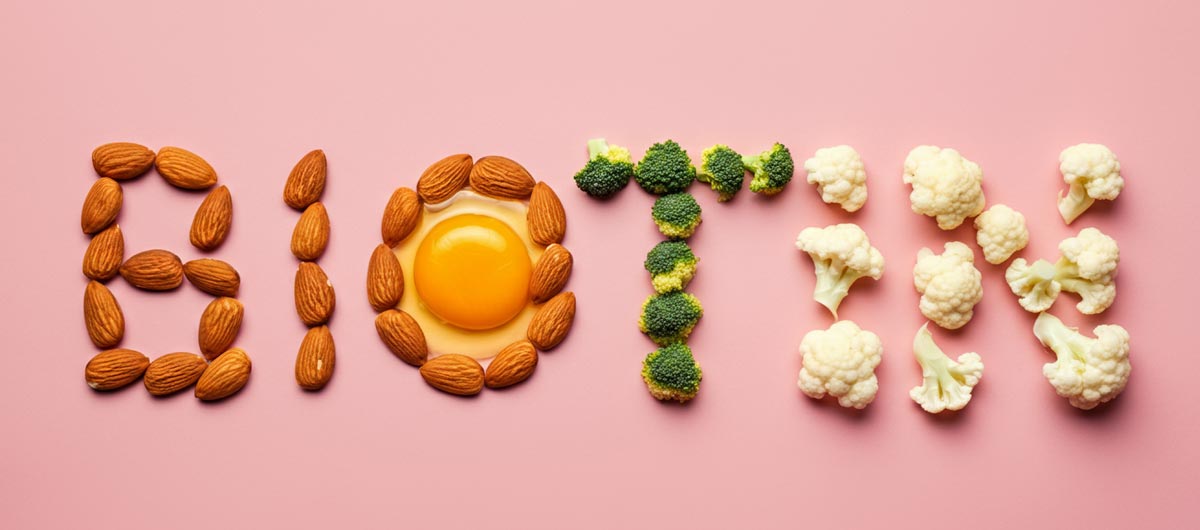
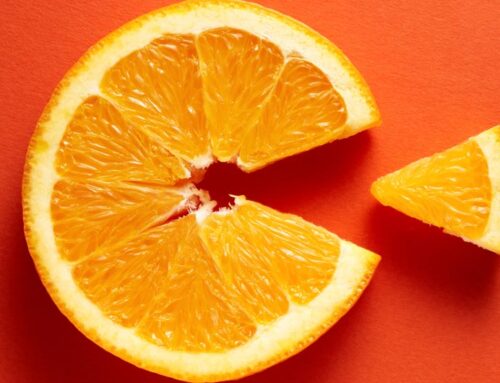
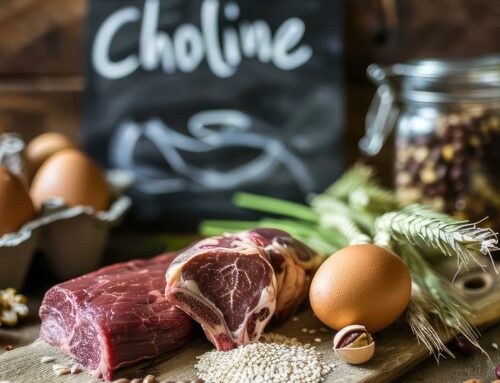
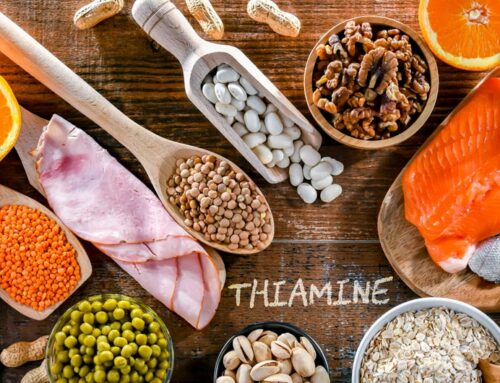

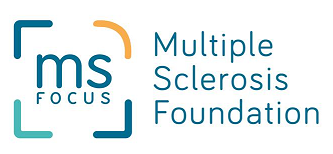
Leave A Comment